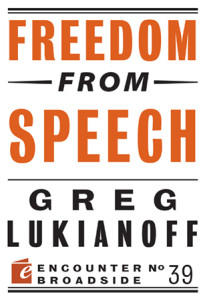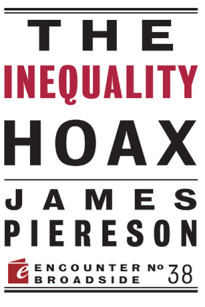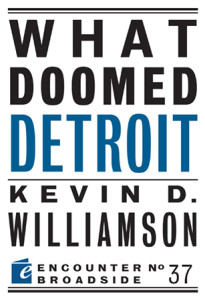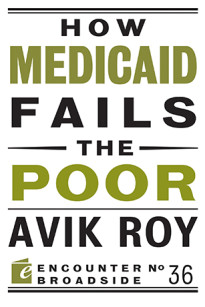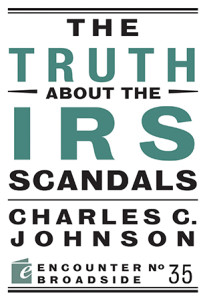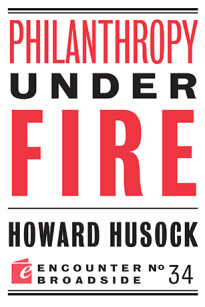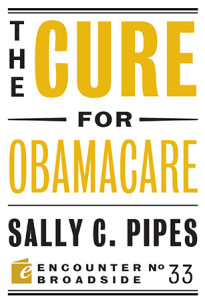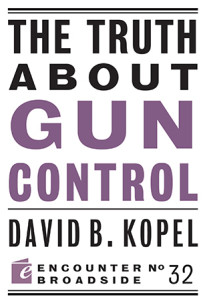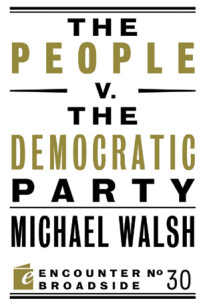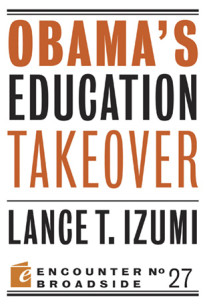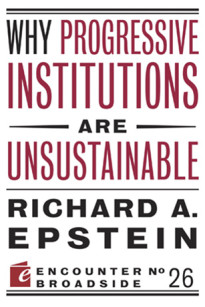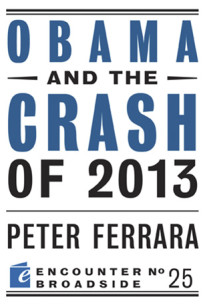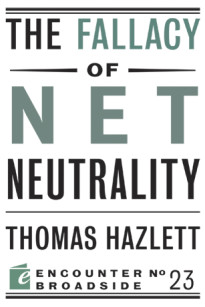Free shipping on all orders over $40
Broadsides & Intelligence
Common Core: Yea & Nay
In this double Broadside, Sol Stern shows how both sides of the education spectrum have misrepresented the Common Core, while Peter W. Wood explains how the Common Core actually lowers standards while pretending to raise them.
Freedom from Speech
This is a surreal time for freedom of speech. While the legal protections of the First Amendment remain strong, the culture is obsessed with punishing individuals for allegedly offensive utterances. In this Broadside, Greg Lukianoff argues that the threats to free speech go well beyond political correctness or liberal groupthink.
The Inequality Hoax
The controversy over inequality has gathered steam with the publication of Thomas Piketty’s new book, Capital in the Twenty-First Century. James Piereson explains how Piketty’s book is flawed and advances a narrow understanding of the market system.
What Doomed Detroit
Many cities have struggled with the decline of key industries, from Philadelphia’s shipyards to New York’s textile industry, but Detroit—which is now in bankruptcy—is both a victim of the decline of the Michigan automobile industry and a cause of it.
How Medicaid Fails the Poor
Medicaid, America’s government-run health insurance program for the poor, should be a lifeline that provides needed health care to Americans with no other options. Surprisingly, however, it doesn’t.
The Truth About the IRS Scandals
This Broadside will expose the tax collector conspiracy that kneecapped the Tea Party, one of the greatest citizen uprisings in American history, and educates citizens about what has been done so that they might prevent it from ever happening again.
Philanthropy Under Fire
In Philanthropy Under Fire, author Howard Husock defends the American tradition of independent philanthropy from significant political and intellectual challenges which threaten it today.
The Cure for Obamacare
This Broadside will look at the changes that can be made to halt the full implementation of the law over the next few years, including repealing parts of the act that are unpopular with members of both parties.
The Truth About Gun Control
Who is sovereign in the United States? Is it the people themselves, or is it an elite determined to rule citizens who are seen as incapable of making choices about their own lives? This is the central question in the American gun-control debate.
The People v. the Democratic Party
Since the day Aaron Burr, the sitting vice president of the United States, shot and killed Alexander Hamilton, one of the Founding Fathers, the Democratic Party has been at war with America. With a history that includes murder, treason, slavery, segregation, sedition, bribery, and systemic vote theft, it can argued that the Democrats are, at root, the anti-American party.
Obama’s Education Takeover
President Obama has laid the groundwork for an unprecedented centralization of education policy under the guise of promoting educational innovation, accountability, and improved student achievement.
Why Progressive Institutions are Unsustainable
The painful performance of the American economy in the past decade is not a function of bad luck. It is the product of flawed institutional design. Right now we are reaping the harvest of efforts to reinvigorate the progressive programs of the New Deal that stress high progressive taxes, large transfer payments, strong labor laws, and major barriers to free trade.
Obama and the Crash of 2013
Most people do not know that already enacted in current law for 2013 are increases in the top tax rates of virtually every major federal tax.
The Fallacy of Net Neutrality
In this comprehensive Broadside, Thomas W. Hazlett explains the faulty economic logic behind the FCC’s regulations. The “open Internet”—thriving without such mandates—allows consumers, investors, and entrepreneurs to choose the best platforms and products, testing rival business models.
A Century of Palestinian Rejectionism and Jew Hatred
In this eye-opening Broadside, Sol Stern debunks the Palestinians’ claim and shows that Abbas has been lying about the origins and history of the Israel-Palestine conflict.

